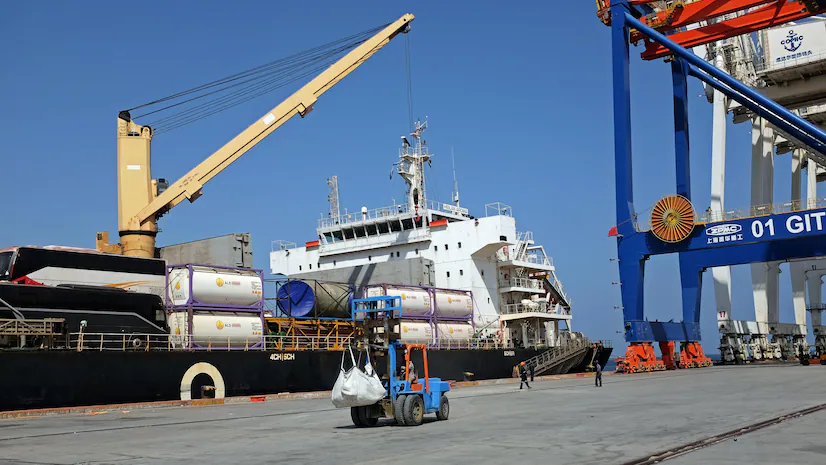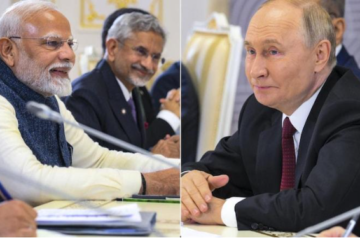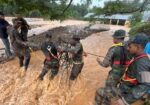Balochistan Attack Raises Alarm for China’s Investments

A general view of Gwadar port in Gwadar, Pakistan. Photo: Reuters
The recent deadly attacks by the Balochistan Liberation Army (BLA) in Pakistan’s Balochistan province, which resulted in at least 74 deaths, are sending a worrying signal to China. The BLA, a separatist group, claimed responsibility for the violence, targeting both security personnel and workers from Pakistan’s Punjab province.
In response to the attacks, Pakistani Prime Minister Shehbaz Sharif accused the terrorists of aiming to disrupt Pakistan’s progress and create a rift between Pakistan and China. Sharif highlighted that these attacks threaten key projects under the China-Pakistan Economic Corridor (CPEC), a major initiative connecting southwestern China to the Arabian Sea and part of China’s Belt and Road Initiative.
The violence on Sunday night and Monday morning saw militants attack various locations, including targeting Punjabi migrant workers. Among the victims were at least 23 Punjabis who were dragged from their vehicles and executed after their identities were confirmed. The Pakistani Army reported 14 security personnel were killed in the attacks, with the military claiming to have killed 21 attackers in retaliation.
China has condemned the violence and reaffirmed its commitment to work with Pakistan on counter-terrorism efforts. However, Beijing’s enthusiasm for further investment in CPEC is reportedly cooling, partly due to the repeated attacks on Chinese interests and citizens. The recent violence exacerbates concerns, particularly as Gwadar Port, a central component of CPEC, has been a frequent target.
During a recent visit to China, Prime Minister Sharif reportedly failed to secure major new investments from Beijing. China’s reluctance was attributed to ongoing security issues, despite Pakistan’s assurances of improved protection for Chinese nationals and projects.
The ongoing instability in Balochistan, which holds significant natural resources, adds to Pakistan’s economic challenges. The province remains the most impoverished in the country despite its wealth in oil, coal, and minerals. Baloch separatists argue that the central government exploits these resources without benefiting the local population, fueling support for their cause.
This recent escalation in violence underscores the severity of the security situation in Balochistan, which has seen a rise in attacks targeting law enforcement, infrastructure, and civilians. Baloch separatists have increasingly targeted workers from Punjab and other development projects, aiming to discourage external involvement in the region.
For nearly two decades, Balochistan has been a hotspot of conflict, with numerous attacks in recent years highlighting the persistent and escalating nature of the separatist struggle. The latest attacks, part of a broader pattern of violence, further strain Pakistan’s efforts to stabilize the region and attract foreign investment.














